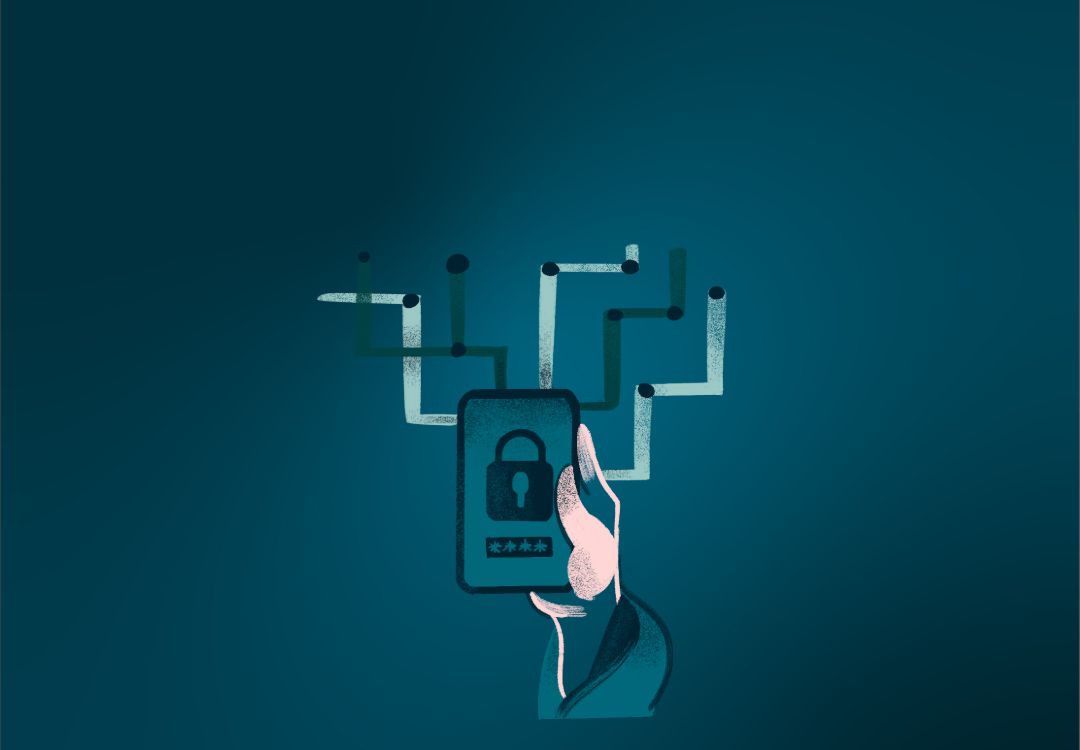Securing the Future: Safeguarding AI Data in Manufacturing

In the rapidly evolving landscape of manufacturing, the incorporation of Artificial Intelligence (AI) has revolutionized production processes, optimizing efficiency, quality, and innovation. Alongside these advancements comes the critical need to safeguard intellectual property (IP) within AI-generated data. Protecting AI data in manufacturing has emerged as a pivotal frontier in preserving the proprietary knowledge and competitive edge of industry players. Let's delve into the complexities and strategies involved in ensuring the integrity and security of AI-generated data within the realm of intellectual property.
The Significance of Intellectual Property in Manufacturing
In manufacturing, intellectual property is like the foundation that keeps companies competitive and inventive. Whether its unique designs, secret methods, or patented innovations, manufacturers depend on their intellectual property to stand out and lead the market. With AI becoming increasingly important, data has become the valuable resource driving smart decisions. That's why protecting AI-generated data has become essential for maintaining the integrity of intellectual property.
Different IP protections associated with AI and big data innovations
Trade Secrets
Trade secrets play a crucial role in safeguarding AI and big data innovations due to their adaptable nature and minimal regulatory hurdles compared to other forms of intellectual property (IP). Unlike patents or copyrights, which protect fixed creations, trade secrets can shield constantly evolving AI algorithms and data sets with short development cycles.
Trade secret protection becomes especially valuable in scenarios where alternative IP protections are unavailable, costly, or offer shorter terms. For instance, trade secrets can cover aspects like AI models, raw data, or sensitive information that may not qualify for patent protection or where patent costs outweigh the benefits.
To maintain trade secret status, companies must take reasonable steps to keep the information confidential. While this may pose challenges, especially in manufacturing with its complex supply chains, proactive security measures such as physical safeguards, access controls, and non-disclosure agreements (NDAs) can help mitigate risks and preserve valuable intellectual assets.
Patents:
Maintaining AI as trade secrets offers significant protection, but unlike patents, they can be reverse-engineered and don't grant exclusive rights. Hence, patents are vital for protecting specific aspects of AI architecture. Given the susceptibility of AI-related patent applications to subject matter ineligibility, companies should prioritize patenting novel technical features like modeling tools, training methods, hardware components, and practical applications. Careful claim drafting is essential, applying abstract ideas in a specific manner to achieve tangible results.
For example, in AI-based predictive maintenance, patent claims may detail actionable steps based on AI outputs, enhancing enforceability. Considering AI's opaque nature, patents must be intelligently drafted to detect and prove infringement. It's important to note that patent applications require a named human inventor, emphasizing human involvement in the claims.
Copyrights:
Copyright protection can be another useful protection tool in a company’s IP arsenal, in particular for the protection of data structures and compilations associated with big data and various software associated with AI. Some European countries also grant sui generis database rights, which provide limited protection to databases if significant investments have been made to obtain, verify or present their contents.
Like patents, copyright protection is only available to works of authorship created by a “human” author, and human involvement should be emphasized. While copyright protection vests without registration, companies should also develop a strategy for timely registering their copyrights (e.g., software) for enforcement of their rights. Finally, “version control” of software is critical because, in litigation, the software version that is registered will need to match the version that the defendant copied.
Einfolge is a leading provider of Intellectual Property (IP) protection services. We specialize in assisting both domestic and international clients with the development and management of patent portfolios on a global scale. Our expertise lies in offering comprehensive support throughout the patent process, from initial ideation and filing to maintenance and enforcement, ensuring that clients' innovations are effectively protected and managed worldwide.